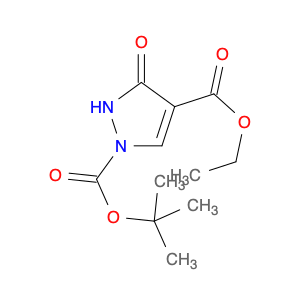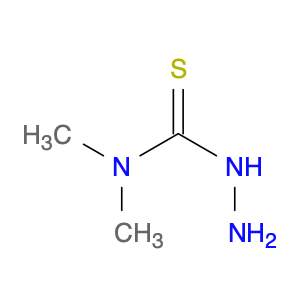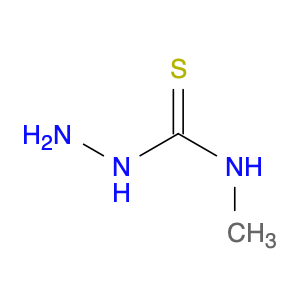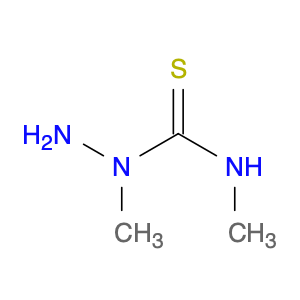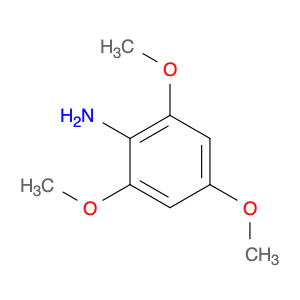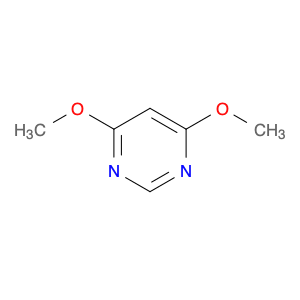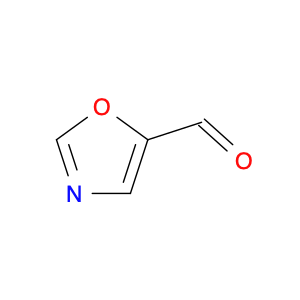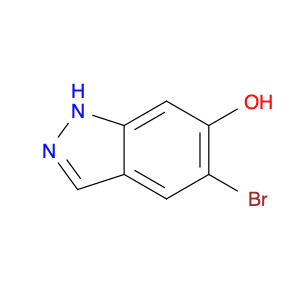1-Methylhydrazinecarbothioamide, also known as N-methylcarbothiohydrazide, is a versatile compound widely used in chemical synthesis due to its valuable reactivity and functionality. In the realm of organic chemistry, this compound serves as a crucial building block for creating various organic molecules through a diverse range of reactions and transformations.One key application of 1-Methylhydrazinecarbothioamide in chemical synthesis is as a nucleophilic reagent in the formation of hydrazones, a class of compounds that play vital roles in medicinal chemistry and material science. By reacting 1-Methylhydrazinecarbothioamide with carbonyl compounds, such as aldehydes or ketones, hydrazones can be efficiently synthesized. These hydrazones can then undergo further modifications to generate structurally diverse molecules with desired properties.Moreover, 1-Methylhydrazinecarbothioamide can participate in the synthesis of heterocyclic compounds, which are prevalent in pharmaceuticals and agrochemicals. Through cyclization reactions, this compound can facilitate the construction of various heterocycles, including thiazoles, thiadiazoles, and isothiazoles, that exhibit significant biological activities and functional diversity.Additionally, 1-Methylhydrazinecarbothioamide is utilized in the synthesis of sulfur-containing compounds, which are essential in the development of organic materials, dyes, and pharmaceuticals. By exploiting its thioamide functionality, this compound can enable the introduction of sulfur atoms into organic frameworks, leading to the production of sulfur-rich compounds with unique properties and applications.In summary, 1-Methylhydrazinecarbothioamide plays a crucial role in chemical synthesis by serving as a versatile reagent for constructing hydrazones, heterocycles, and sulfur-containing compounds. Its reactivity and flexibility make it a valuable tool for organic chemists seeking to access diverse molecular architectures with potential biological, material, and pharmaceutical relevance.
 sales@aaronchem.com
sales@aaronchem.com

